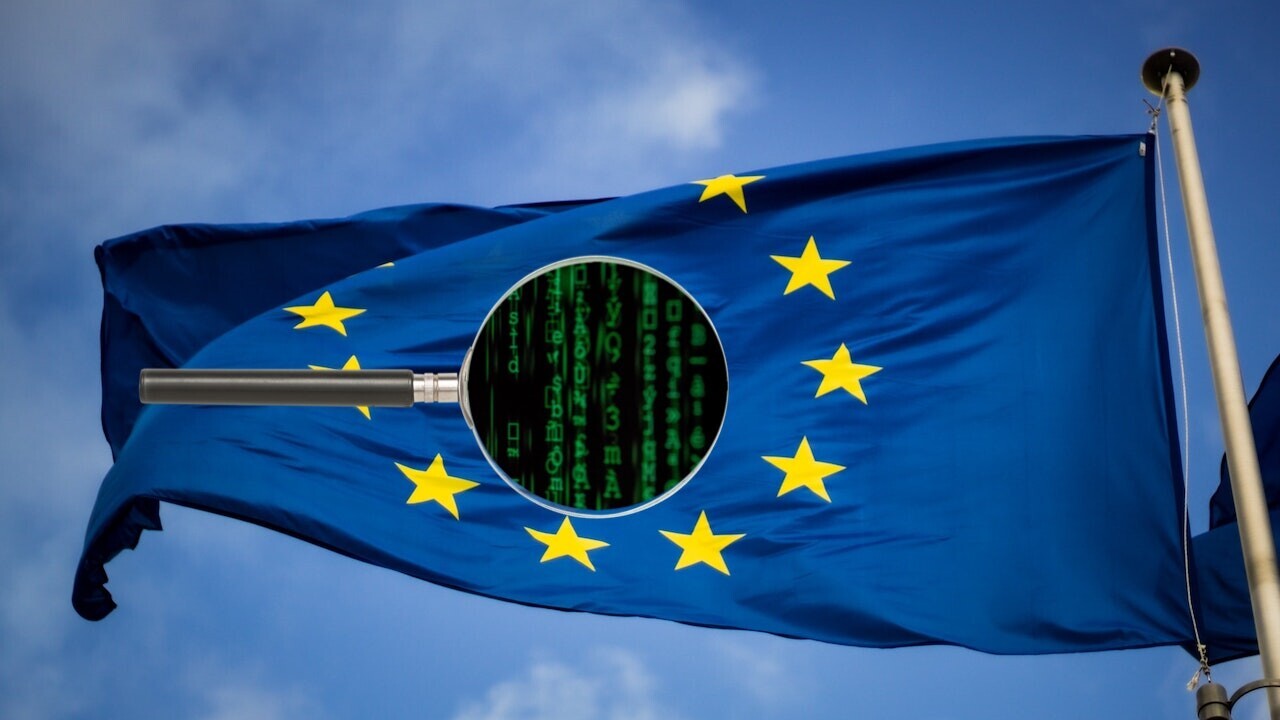
When it comes to ethnicity and gender nonbinary diversity, Europe has a massive problem: the data doesn’t exist.
In the startup space, the vast majority of diversity data is about gender diversity, mostly binary.
said Matteo Renoldi, Impact Specialist at Dealroom, a Dutch data provider on startups, investment activities and overall tech ecosystems in Europe and around the globe. “Of course, there are many more elements to diversity than just gender. Ethnicity is a very important one.”
This data gap has huge consequences for Europe’s burgeoning startup ecosystem, which is estimated to be worth $3tn according to a European Startups report and makes up 43% of European job growth. That’s a huge chunk of money that ethnically diverse and gender nonbinary founders and talent could be missing out on — and data is key in pushing these conversations forward. Renoldi says:
Without representative data, it’s hard to measure the current state of the startup ecosystem. Specifically, we have many hypotheses that we can’t really test without data, e.g., black founders receive just a fraction of VC funding compared to white founders.
After all, if you can’t prove there’s a problem, how can you tackle it?
Where’s the data?
The underlying reason behind Europe’s lack of diversity data is a legal one; in the UK, US, and Canada, it’s common for public institutions, like the national census, to ask for participants’ race or ethnicity. But in many European countries, this kind of data collection is illegal; neither France nor Germany, countries with a significant startup presence, for example, keep official stats on how many of its residents are Black. These laws extend to the private sector.
“Some of the information with regard to other types of diversity is you’re either, as a company, not allowed to keep that information or ask for that type of information,” says Pauline Wink-Zaanen, co-founder of 4impact, a VC fund focusing on European impact tech startups, specifically the environment, economic inclusion, and health & well-being.
[In Europe] the focus is fully on [binary] gender. That’s not what diversity is all about. Diversity is much broader than just male, female.
According to Wink-Zaanen, there’s also a social reason as to why there’s not as much data on ethnicity and the gender nonbinary: identities are complicated, making them more difficult to track.
“The division line is more complex. If you look at [4impact cofounder Ali Najafbagy], for example, he wasn’t born in the Netherlands,” she says. “He was, however, raised in the Netherlands and has a Dutch passport. He considers himself from a different ethnic background, but he’s Dutch. So how do you classify this? There are many gray areas which make data collection difficult.”
It was this complexity that inspired Dealroom to launch its own data collection initiative called “Closing the diversity data gap,” in which they invite founders, investors, and startup employees to claim their Dealroom profile and self-report their ethnicity and gender. Renoldi tells TNW:
Our goal is to collect as much self-reported information as possible to then be able to investigate, in more detail, what the VC funding distribution is across different ethnic groups and if there is a correlation between investors’ ethnicity and the ethnicity of the founders’ teams.
And while it’s possible to automate the process and use AI to recognize ethnicity based on images, Renoldi calls it “technically difficult and unethical.”
“Binary gender studies are relatively straightforward, which is why gender is the most covered area of diversity research in tech (the binary thing’s not ideal though we’ll get to that too),” Dealroom wrote in a blog post.
But ethnicity data is notoriously difficult to accurately source, and we believe the only responsible way to gather it is to ask people directly how they self-identify.
The data bottleneck
One founder familiar with Europe’s data diversity gap is Christina Caljé. A born-and-raised New Yorker, Caljé started her career at Goldman Sachs in London before starting her own tech consultancy to help US-based web and app development companies expand to Europe. She was then COO of Peerby, a Dutch B2C company working to promote more sustainable consumption, before becoming cofounder and CEO of smart video platform Autheos, which has since been sold.
As a Black Latinx female founder, Caljé refers to herself as “an outlier, in a positive sense,” and she sees Europe, and the Netherlands in particular, as being “five to 10 years behind” the USA in the ethnic diversity conversation, in part because of the lack of data.
“There’s not really a conversation yet from a professional perspective [on ethnicity],” she tells TNW. “Is the diversity of this country really being represented in the leading economic sectors such as technology?”
Caljé was also the only founder from the Netherlands accepted to the Google for Startups Immersion Program for Black Founders in 2020, which she said provided her valuable resources and a supportive network of founders to talk to. She says that when she raised a discussion about the need for a similar program for other minority founders back in the Netherlands, particularly helping to address the underrepresentation of VC funding, the absence of related data on ethnicity quickly became a bottleneck.
When you talk to the stakeholders who would be well-positioned to try to lead, launch, or fund those programmes, you always get down to this issue: “Well, is it really a problem here in the Netherlands? Are we that diverse? We don’t really have the data around it, so we can’t really diagnose this as an actual problem to address.”
Because there are certain legal limitations around capturing the demographic makeup from an ethnic perspective in these economic sectors, you can’t necessarily point to numbers to illustrate the problem, you can only speak anecdotally. And that’s not always convincing enough for the people who are the ones with the influence to create change.
Caljé is similarly working on a diversity data collection project, in partnership with Google for Startups and Andy Davis, angel investor at Atomico and ex-Director of Backstage Capital London, which she hopes will not only shine a light on the black founder experience across Europe, but also turn into a supportive network for founders.
“The goal is to also showcase the innovation, and that this as an overlooked commercial opportunity… it’s meant as a first step towards creating a cross border network for Black and brown founders, and investors who want to invest in them,” she says.
Solving Europe’s talent problem
Diversity isn’t just for diversity’s sake. Research proving that more diversity and inclusion means better performing teams, smarter decision-making and higher financial returns is well documented.
Gillian Tans, former CEO and chairwoman of Dutch hotel booking platform Booking.com, spent years working on corporate diversity and inclusion initiatives. She says that while conversations around diversity are further along today, companies should be even more focused on diversity data to improve their talent pipelines — something a lot of European companies notoriously struggle with.
“It’s becoming more and more challenging for everybody to hold on to talent or even to attract talent in the first place,” she tells TNW.
Diversity is the biggest opportunity to attract new talent. There are so many business cases why this is so good and needs more attention. Companies are more aware nowadays compared to 10 years ago, but there’s a lot more work to be done.
Tans says data should play a key role in not only recruitment and hiring, but also HR and company culture — companies can then track not only how well they’re attracting diverse talent, but how good they are at retaining it.
Data is crucial, and it keeps coming back. You need to understand: am I getting enough diverse candidates? How are promotional processes done? Do we see that it’s actually working for diverse candidates? And do we have enough role models? It needs to be embedded in your culture… This needs to be sitting in all the managers to be embedded in the culture of the company, and that requires time and energy.
A better European ecosystem
A better startup ecosystem comes from better innovation — and better data can improve both.
“Data is really what underpins the strengthening of our startup ecosystem, because ultimately, more diversity from a functional perspective, from an age perspective, ethnicity, gender…” Caljé says.
“That’s going to create better products, that’s going to create more marketable products and it’s going to create more creative business models.”
Get the TNW newsletter
Get the most important tech news in your inbox each week.




